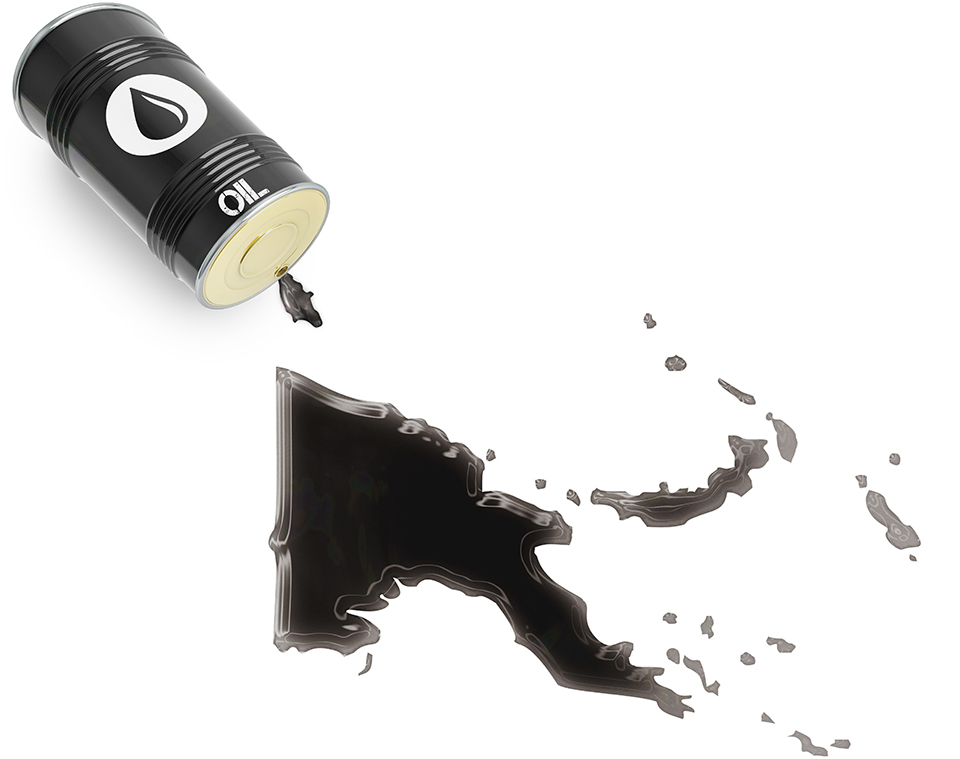A A$1.2 billion ($881 million) loan from UBS to the state of Papua New Guinea is under the microscope of a Royal Commission there, in which the Swiss bank is accused of earning excessive profits in an unnecessarily complicated deal.
The case goes back to 2014 when the PNG government opted to purchase a 10.01% stake in Oil Search, an oil and gas exploration and development company that is incorporated in Papua New Guinea and operates all of PNG’s oil fields, but is listed on the ASX in Sydney.
Thanks for your interest in Euromoney!
To unlock this article:





